Renewable
Solar
Harvest Energy are one of Hobart’s leading rooftop Solar PV Designers and installers. We have extensive experience in the local competitive market where reputation in customer relations is the most important aspect of what we do. From conception to implementation we will work with customers to deliver high quality PV systems to suit many budgets and power saving needs.
How Does Solar work?
When the sun is shining, solar panels convert sunlight into DC (direct current) electricity. The solar inverter converts this electricity into AC (alternating current) power for use in your home. Your home appliances (fridge, dishwasher, pool pumps etc.) use this power instead of drawing power from the electricity grid.
Any excess electricity generated by solar panels but not used by appliances is sent back (exported) to the electricity grid or used to charge a solar battery. Electricity Retailers pay a feed-in tariff for any electricity sent back to the grid.
Solar generation, consumption and export is tracked and recorded through a smart meter, providing the data for electricity billing.
Solar systems are most effective when they are well positioned (north-facing is optimal, but not essential) and exposed to enough sunlight without obstruction by shade caused from trees, power lines or other structures.
Many people who install solar are now also installing batteries so they can store electricity generated by their solar panels for use when the sun isn’t shining.
Battery Storage
Figure 1 TESLA POWERWALL 2 14KWH LI-ION BATTERY SYSTEM
Figure 2 ALPHA T5 LI-ION BATTERY SYSTEM
Figure 3 LG CHEM BATTERY
A battery storage system can:
Help reduce your reliance on electricity from the grid
Maximise your solar panels by allowing you to capture solar energy that would normally be sent to the grid and save it for your own usage later in the day
Offset the increased cost of power used during peak times
Save money by storing energy from the grid overnight when prices are low to use during peak times when prices are high (depending on your power agreement)
Provide electricity to your home during power outages (depending on your system)
Reduce your exposure to future electricity price rises
HOW DO BATTERIES WORK?
Battery storage allows you to store electricity generated by solar panels during the day for use when the sun has stopped shining, instead of sending it back to the grid.
While batteries were first produced in the 1800s, the types of batteries that can store solar power and provide electricity to households are relatively new.
A battery storage system connects to a house in two main ways – DC (direct current) coupled or AC (alternating current) coupled.
A DC-coupled battery storage system is integrated into your solar system. These systems generally have a single inverter that converts the DC electricity to AC to supply your house, or feed back into the grid.
An AC-coupled system is separate to your solar system. It connects directly to your house wiring via its own dedicated bi-directional battery inverter, using local AC electricity to charge the battery and then discharge it directly to your house.
BATTERY STORAGE: IS IT RIGHT FOR ME?
Battery storage is an exciting new technology, but there are lots of questions to consider when you are looking for a system for your home or business.
Installing a battery storage system can provide several benefits when used in conjunction with an existing or new solar panel system.
Choosing the right system for you
Your retailer/designer will help you choose a system appropriate for your requirements. This will depend on your energy use and tariff, the size of your solar panel system and what you want from the system.
Some questions to think about and discuss when choosing a system include:
What is the total installed cost of the battery storage system versus the expected output over its lifetime?
What can you afford?
What system best suits your tariff structure?
Do you have an appropriate space to install the battery?
Can the battery store and supply enough energy for your needs?
Is the supplier a reputable company that can deliver on any potential warranty claims?
Do you have any safety concerns?
Can the battery be recycled?
In addition, questions to think about when choosing the right size battery include:
What do you want to use the battery for (e.g. backup for blackouts, saving money)?
How much energy do you use between battery charges (both now and in the future)?
How much power do you need to run your appliances?
How much excess energy do you generate from your solar panels each day?
If you stay connected to the electricity grid, you can continue to use your appliances to suit your lifestyle. Your energy needs will be met through the combination of grid electricity and your solar and battery storage system.
Brands We Work With
Sanden Heat Pump Hot Water Units
Can save you up to 80% off your hot water energy costs





